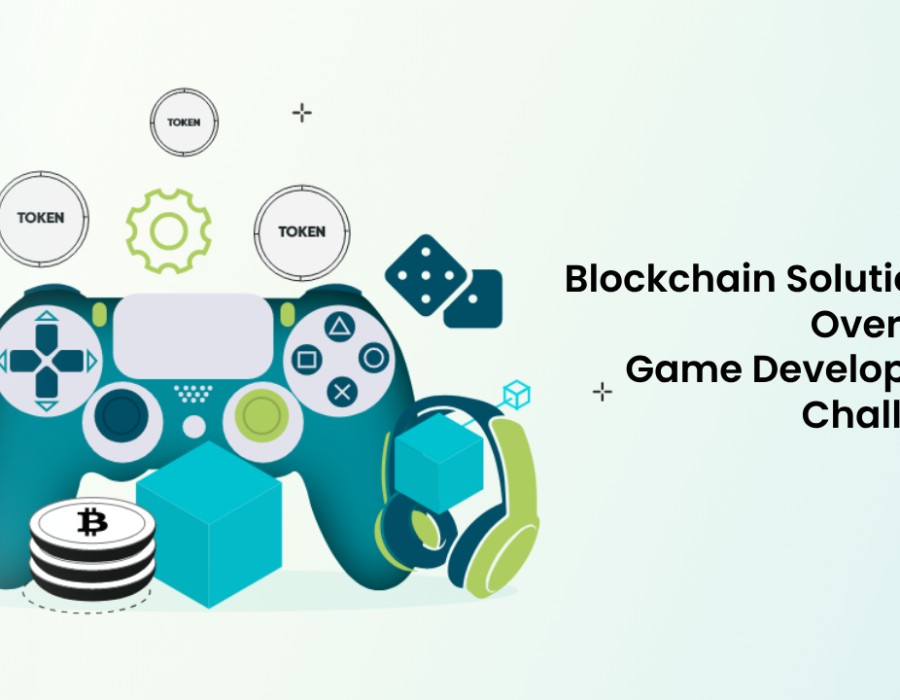In recent years, the gaming industry has been grappling with various hurdles, from scalability issues to security concerns and the complexities surrounding ownership of in-game assets. However, the emergence of blockchain technology has offered a glimmer of hope, presenting innovative solutions to these longstanding challenges. In this blog, we'll delve into how blockchain solutions are reshaping game development and the pivotal role that blockchain game development companies are playing in this transformative journey.
Enhanced Security and Transparency:
Traditional gaming platforms often struggle with vulnerabilities in security and a lack of transparency, leaving players susceptible to fraud and cheating. Blockchain technology steps in to address these concerns by providing a secure and transparent ledger where all transactions and interactions are recorded in an immutable manner. This ensures that in-game assets remain safeguarded from unauthorized access and tampering, fostering a sense of trust and security among players.
True Ownership of In-Game Assets:
Perhaps one of the most exciting aspects of blockchain-based games is the concept of true ownership of in-game assets. Unlike in traditional games where players have limited control over their virtual belongings, blockchain games utilize non-fungible tokens (NFTs) to represent unique in-game items, characters, and virtual properties. These NFTs are stored securely on the blockchain, granting players the freedom to buy, sell, and trade their assets without intermediaries, thereby empowering them with true ownership rights.
Decentralized Economies and Interoperability:
Blockchain technology opens the door to decentralized gaming economies, where players can engage in peer-to-peer transactions without relying on centralized authorities. This fosters a more inclusive and accessible gaming environment, enabling players from different corners of the globe to interact seamlessly. Moreover, blockchain's interoperability features facilitate the fluid exchange of assets across various games and platforms, paving the way for exciting opportunities in cross-game collaboration and innovation.
Community-Driven Governance:
Blockchain-based games often implement decentralized governance models, allowing players to actively participate in decision-making processes such as game updates, asset creation, and rule changes. This democratic approach empowers players to have a say in shaping the direction of the game, fostering a strong sense of community ownership and engagement.
Blockchain Game Development Companies Leading the Way:
Blockchain game development companies are at the forefront of driving innovation and adoption within the gaming industry. Leveraging blockchain technology, these companies are crafting immersive gaming experiences that prioritize security, ownership, and community involvement. By pushing the boundaries of innovation, blockchain game development firms are reshaping the gaming landscape and unlocking new possibilities for players worldwide.
Conclusion:
Blockchain technology holds immense promise for addressing the longstanding challenges faced by the gaming industry and revolutionizing the way games are developed, played, and monetized. With enhanced security, true ownership of in-game assets, decentralized economies, and community-driven governance, blockchain-based games are poised to redefine the future of gaming. As blockchain game development companies continue to push the boundaries of creativity and technology, we can anticipate even more exciting advancements on the horizon, transforming the gaming experience as we know it.





Comments